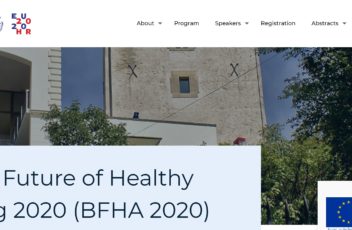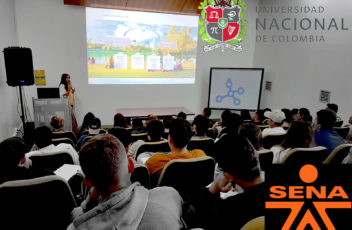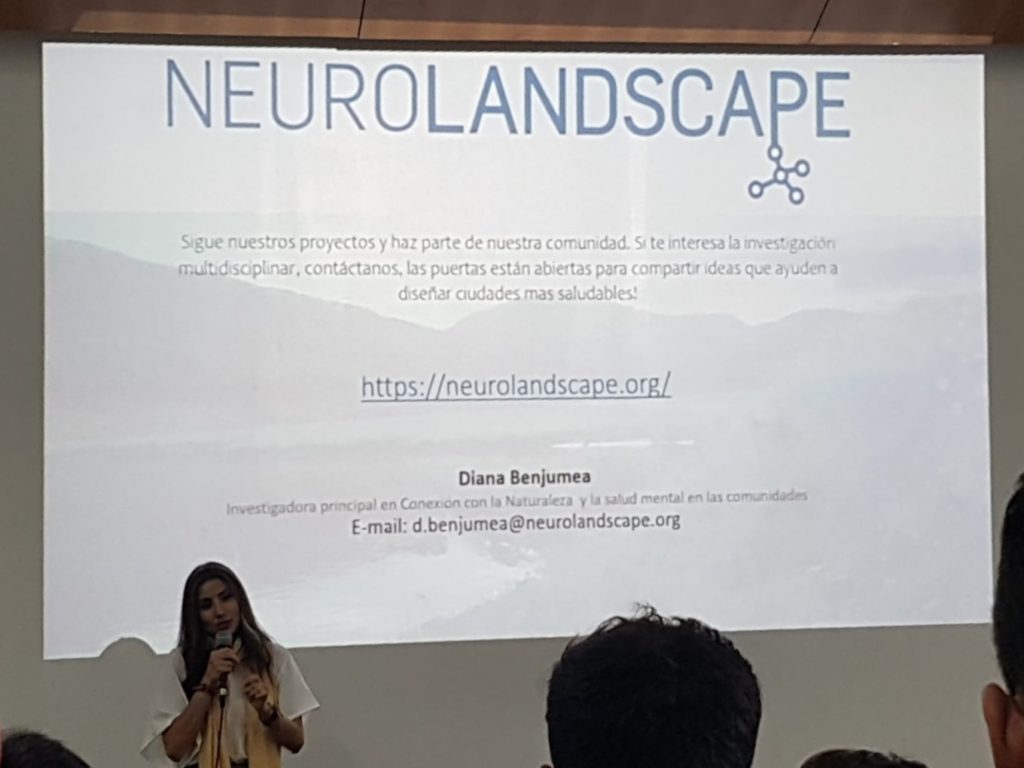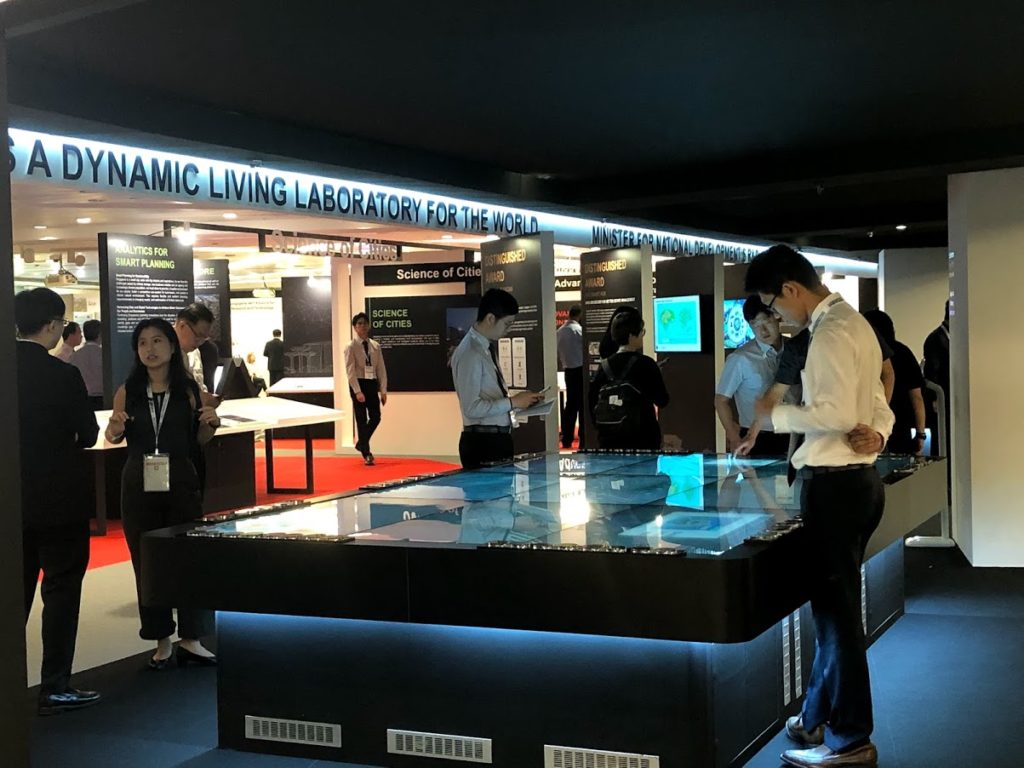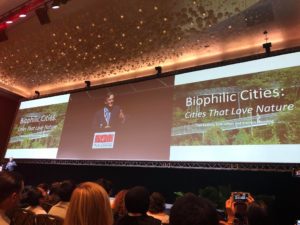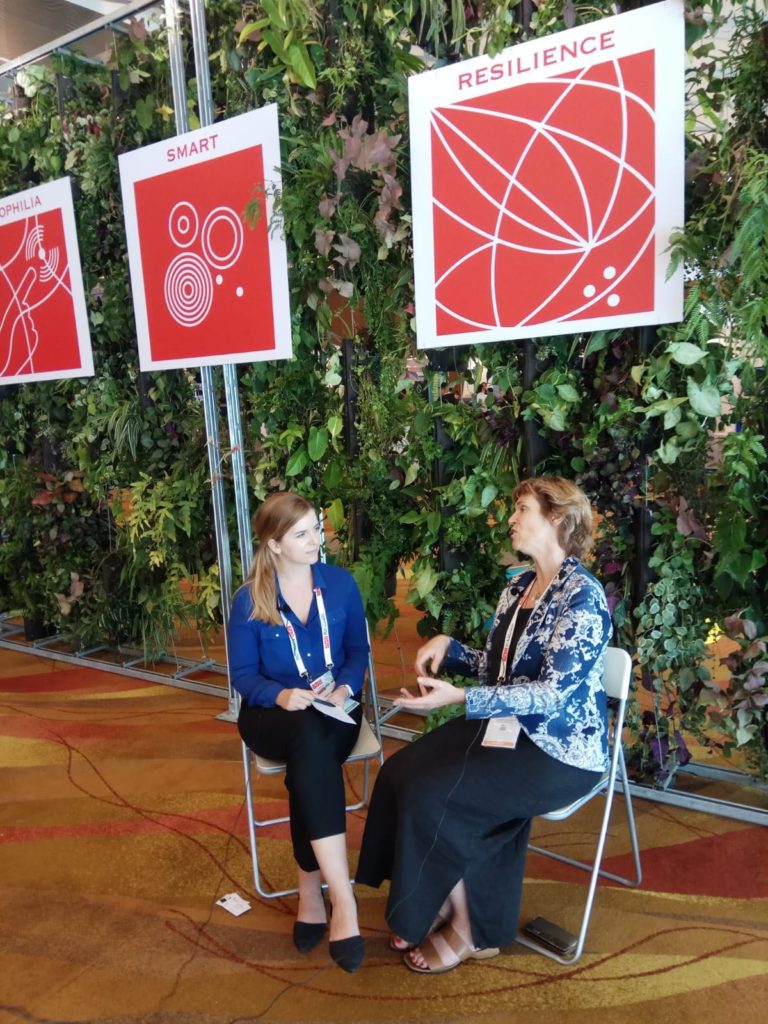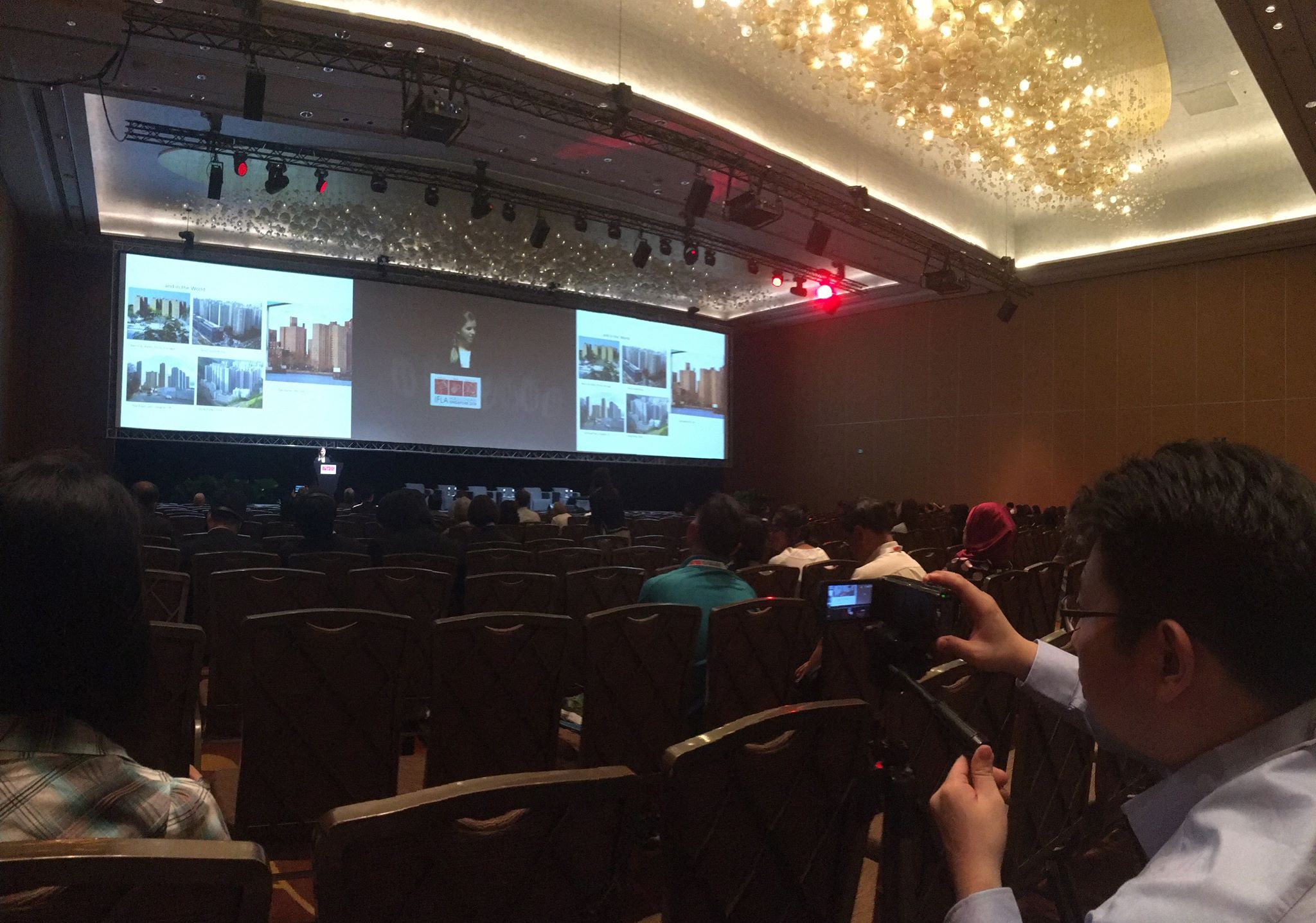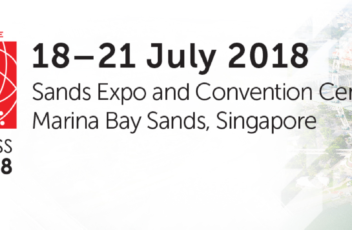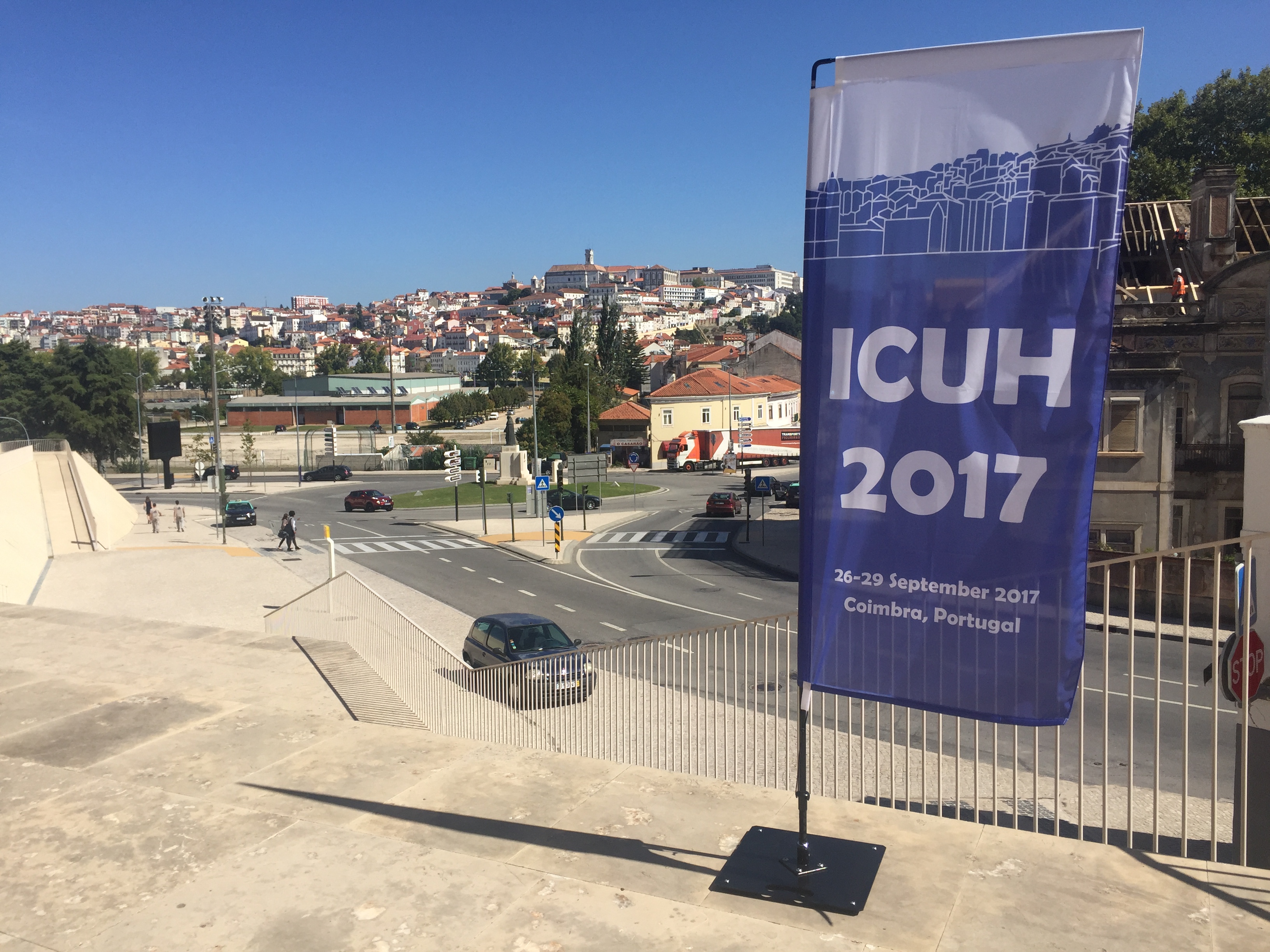The mission of the Conference is to stimulate research, implementation and scaling up innovations to manage health and wellbeing of the ageing population. BFHA 2020 is a scientific conference that will enable discussion on the transformation of health and care services into more digitilized, long-term, integrated and personalized care models while promoting innovative ecosystems in order to deliver a better quality of life among the elderly.
In line with this mission, the Conference is to address growing demand caused by the global trends of population ageing and the expansion of chronic diseases by focusing on potentials large-scale implementation of innovations to foster functional ability and wellbeing of older people.
The objectives:
* addressing issues of ageing of biological systems through the topics of regenerative medicine, neuroscience, clinical medicine and other fields of medicine with the emphasis on personalized and integrated medicine;
* showcasing the impact of smart technologies for age-friendly ecosystems by providing a discussion on scaling-up innovations and solutions for age-friendly environments;
* analysing the issues of ageing and healthcare system sustainability at various levels (e.g. institutional, regional, state, EU level).
Outputs:
During the Conference, the participants will have a special section within the programme that will be transferred into the Recommendations. The Recommendations will be developed into the final Conference outcome – the Policy Paper which will be drafted after the Conference. The aim of this working paper is to develop forward-looking valuation pathways and impact approaches and dimensions of ageing research for transformative, mission-oriented research and innovation agendas, which can be taken up in the formulation of ageing services. The Conference and its outputs, including the Policy Paper are aimed at stakeholders, policymakers, the scientific community and healthcare providers.
The Conference will broaden the narrow focus on scientific impact measurement of ageing and healthcare system sustainability research, towards the aforementioned impact dimensions to which the BFHA 2020 Conference can make a fair contribution.
NeuroLandscape Delegate:
Dr. Agnieszka Olszewska Guizzo, President of NeuroLandscape is one of the invited speakers, and will give her speech titled “Green and Healthy Cities – Environmental exposures and Urban Design for Healthy Longevity” on 4th June within a session “Modern Urban Planning in the Service of Healthy Ageing”. The detailed event program is available here.
The registration is open for the general public and free of charge and opened until 26th May.
For more information visit https://bfha2020.hr/
We look forward to seeing you in June 2020!
Edit: The complete presentation is available on our youtube channel:
Conference organizer: University of Zagreb School of Medicine
Co-organizers: Ministry of Science, Education and Sports (Croatia), School of Medicine, University of Rijeka, University of Split School of Medicine and Josip-Juraj-Strossmayer-Universität Osijek Faculty of Medicine, as well as other faculties of the University of Zagreb – the Faculty of Electrical Engineering and Computing, Faculty of Economics and Business and Faculty of Croatian Studies; Ministry of Health, Ministry for Demography, Family, Youth and Social Policy and the Ministry of Foreign and European Affairs of the Republic of Croatia.

